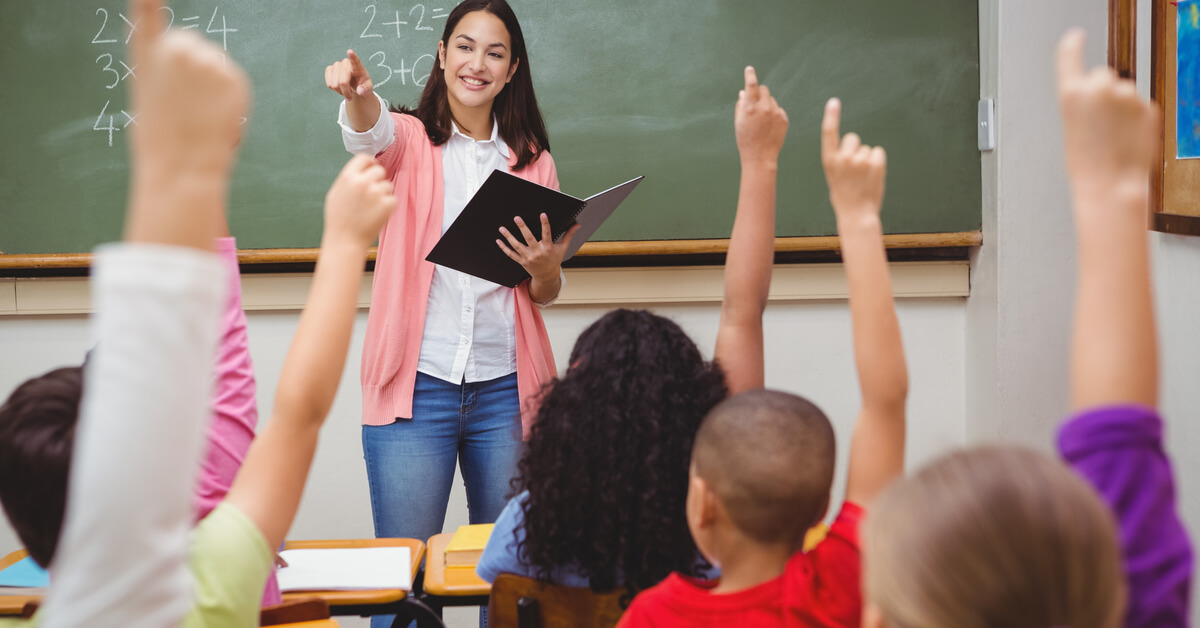I know there’s been a lot of talk of late about getting back to “normal” and the quest to regain some of our old rhythms in life. Everyone is exhausted. We just want to stop having to think about all of this and find some predictability.
Well, truth is, we may have to get used to the unpredictability of this moment and the future. In her great essay “Willing to Be Disturbed,” Margaret Wheatley writes:
“The world now is quite perplexing. We no longer live in those sweet, slow days when life felt predictable, when we actually knew what to do next. We live in a complex world, we often don’t know what’s going on, and we won’t be able to understand its complexity unless we spend more time in not knowing.”
Margaret Wheatley
So maybe it would be good to take the stance of “not knowing” when it comes to thinking about what schools might look like when the disruption recedes. Especially when we’re so familiar with “normal” in schools to begin with.
Let’s not forget these “normal” realities in the lives of most students, teachers, and schools:
- a curriculum that is forgotten as soon…


